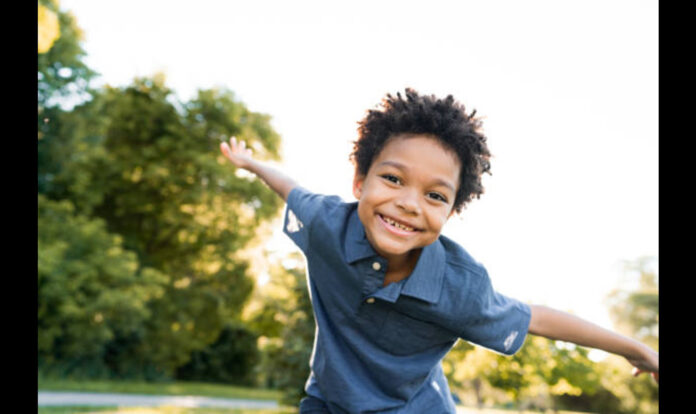In today’s fast-paced and technology-driven world, it is becoming increasingly important to equip children with the tools they need to navigate life’s challenges and cultivate their mental well-being. Mindfulness, once primarily associated with adult practices, has now gained recognition as a valuable resource for nurturing the young minds of the next generation. By instilling mindfulness techniques early on, we can empower children to develop greater self-awareness, emotional resilience, and overall well-being. In this article, we explore the benefits of mindfulness for children and provide practical insights on how to incorporate this transformative practice into their lives.
The Essence of Mindfulness:
Mindfulness involves directing one’s attention to the present moment and developing a non-judgmental awareness of thoughts, feelings, and bodily sensations. For children, this can be an invaluable tool to cultivate focus, reduce anxiety, and enhance self-regulation skills. By learning to observe their thoughts and emotions without getting entangled in them, children can develop a greater sense of control and autonomy over their inner world.
Enhanced Emotional Well-being:
Mindfulness empowers children to recognize and manage their emotions effectively. By encouraging them to observe their feelings without judgment, they can develop emotional intelligence and learn healthy ways to respond to challenging situations. Mindfulness teaches children to embrace their emotions with kindness, fostering empathy and compassion towards themselves and others.
Improved Concentration and Cognitive Abilities:
In today’s era of constant distractions, helping children develop concentration skills is crucial. Mindfulness practices such as focused breathing exercises or body scans can enhance their ability to sustain attention and improve cognitive functions. By training their minds to stay present and focused, children can enhance their learning abilities, problem-solving skills, and academic performance.
Stress Reduction and Resilience:
Children experience stress and pressure from various sources, including school, social interactions, and family dynamics. Mindfulness equips them with effective stress management tools, allowing them to navigate challenges with greater ease. By encouraging a non-reactive and non-judgmental mindset, mindfulness helps children develop resilience, enabling them to bounce back from setbacks and build emotional strength.
Incorporating Mindfulness into Daily Life:
Making mindfulness a part of a child’s daily routine can be achieved through simple yet impactful practices. Encourage children to engage in mindful breathing exercises, mindful eating, or even mindful walking. Incorporating mindfulness into activities like storytelling or playtime can make it enjoyable and accessible. It is essential to lead by example and create a supportive environment where children feel encouraged to embrace mindfulness.
Conclusion:
Mindfulness is an invaluable gift we can offer our children, equipping them with lifelong skills for well-being and success. By cultivating self-awareness, emotional intelligence, and resilience, children can navigate life’s challenges with grace and thrive in a rapidly changing world. Introducing mindfulness practices early on allows children to harness the power of the present moment, enabling them to develop into balanced, compassionate, and self-assured individuals. Let us join hands in nurturing the young minds of today and empowering them to shape a brighter future.


